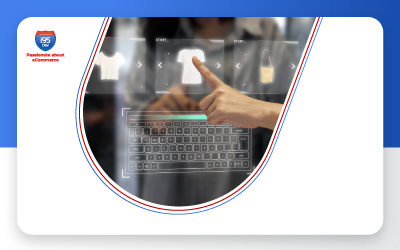What Is Mobile Virtualization?
Plain and simple, mobile virtualization is how corporations keep enterprise data separate from employee’s consumer applications. The data the corporation allows onto their employees’ smartphones will be encrypted, which means outside applications cannot access or interact with important and private corporate data. It can be handled through the use of passwords to access any and all corporate information. The passwords will not be required for consumer apps, making it user friendly for employees.
Think of mobile virtualization as a partition between corporate and consumer apps. This enables all mobile devices to run with two separate operating systems that have nothing to do with one another. This enables the protection of all information from being stolen, as well as the prevention of any virus attacks or loss of data.
Learn the Benefits
- Lower Costs – When the two operating systems are separated, there is no need to consistently develop software for each new platform, allowing you to reduce your costs.
- Higher Security – With the ability to avoid a breach of security and privacy, there is less of a risk of the corruption and tampering of apps and data. In addition, there is a decreased risk of outsiders gaining the ability to access the data, stealing it for their own use.
- Enhanced Flexibility – Applications can be installed on multiple devices without tedious work and redevelopment of the projects.
- Faster Performance – The performance of the apps that are portioned onto their own operating system makes it possible to achieve performance that mimics the performance you would expect out of a native application.
For more information about mobile virtualization, email info@i95Dev.com





